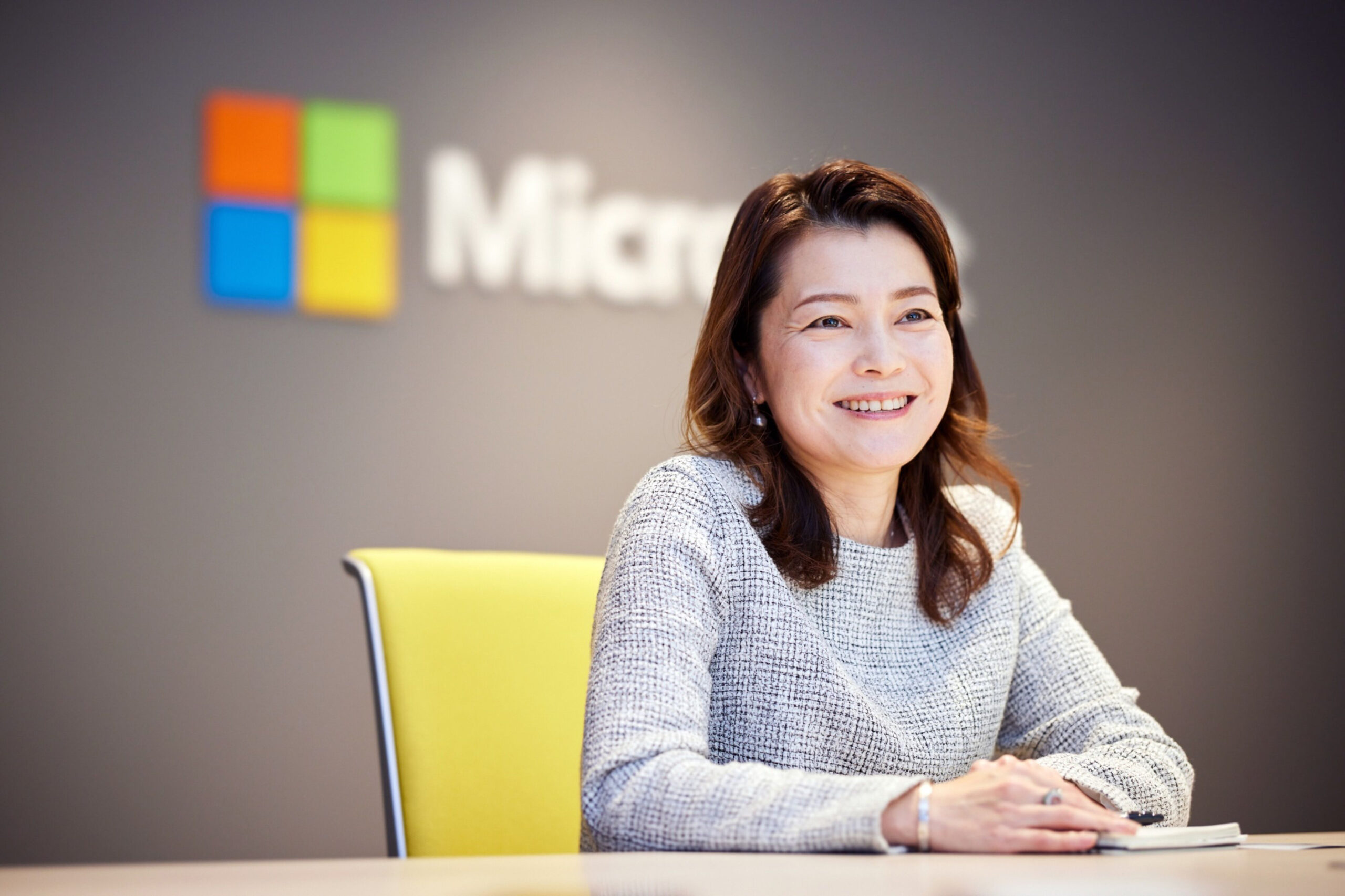
BLOOMBERG – Microsoft Corp is betting that Mena Kato – a PlayStation veteran who grew up playing Nintendo classics like Donkey Kong – will help it finally drive a wedge into the world’s number three gaming market.
Kato helped build Sony Group Corp’s console into a dominant presence in the games industry over two decades with PlayStation.
Since July, she’s taken on a far more daunting task: selling the Xbox to studios who swear by Sony and Nintendo Co. She’s counting on her dealmaking skill, Microsoft’s global reach and her own local connections to finally make the Xbox a relevant player.
Microsoft’s new director of Japan partnerships is trying to reverse years of failure. Market researcher Famitsu estimates Xbox has sold just over 500,000 units of its latest consoles in Japan, far less than Nintendo’s 31 million Switch sales or the PlayStation 5’s 4.8 million units. But she still sees room for a third player to grow.
“Japanese publishers will definitely need us in expanding their business,” Kato said in an interview. “It would be difficult to do that just with the PlayStation.”
The Xbox unit, led by Phil Spencer, has been stepping up its foray into the world’s third-largest economy, with the executive in September saying players can expect top-tier Japanese titles as Xbox exclusives in the future.
His company has lagged mainstays Sony and Nintendo, but Kato brings the local experience and connections that it has long coveted. The executive said she was approached by Microsoft several times before she finally agreed to join.
Kato immediately becomes one of Microsoft’s highest-profile Xbox executives in Japan, and her main role will be to steer dialogue with local creators and spearhead new initiatives. She said she took on the job because she wanted to better bridge the gap between Japan and the rest of the world.
She’s working alongside Xbox President Sarah Bond, one of a number of senior female executives at Microsoft, which Kato said “was a surprise that made me happy when I joined the company.”
Among her duties, Kato is having daily conversations with local game studios and ferrying feedback to Microsoft headquarters in Redmond, Washington, about topics as basic as developer documentation translation or as large-scale as global promotional campaigns to boost new titles.
Xbox lost trust among Japanese studios during the Xbox One era as the company didn’t consider Japan an important market.
Spencer has said that approach was wrongheaded and has made a deliberate effort to visit the country more often, attending the Tokyo Game Show this year. He also made a surprise appearance at Square Enix Holdings Co’s event in July to shake hands with the Japanese publisher’s President Takashi Kiryu.
“Microsoft offers huge scalability to Japanese publishers as there’s virtually no country without Windows PCs,” UBS Securities analyst Kenji Fukuyama said. “When it comes to access to game fans in emerging countries, Sony and Nintendo just can’t compete with Xbox.”
Microsoft will be a good partner for most Japanese publishers at a time they’re trying to improve profits by releasing games in emerging countries through personal computers, he added.
Capcom Co, the country’s best-performing game developer stock this year, has tapped exactly that strategy by re-releasing its classic titles – at negligible marginal cost – on PCs in markets that never previously had access to them.
Kato doesn’t expect negotiations with partners to be easy and anticipates there’ll be plenty of adaptation required for Microsoft to increase its relevance in Japan’s games industry.
“We face a challenge and that means there are still a lot of things we can and should change,” she said.





